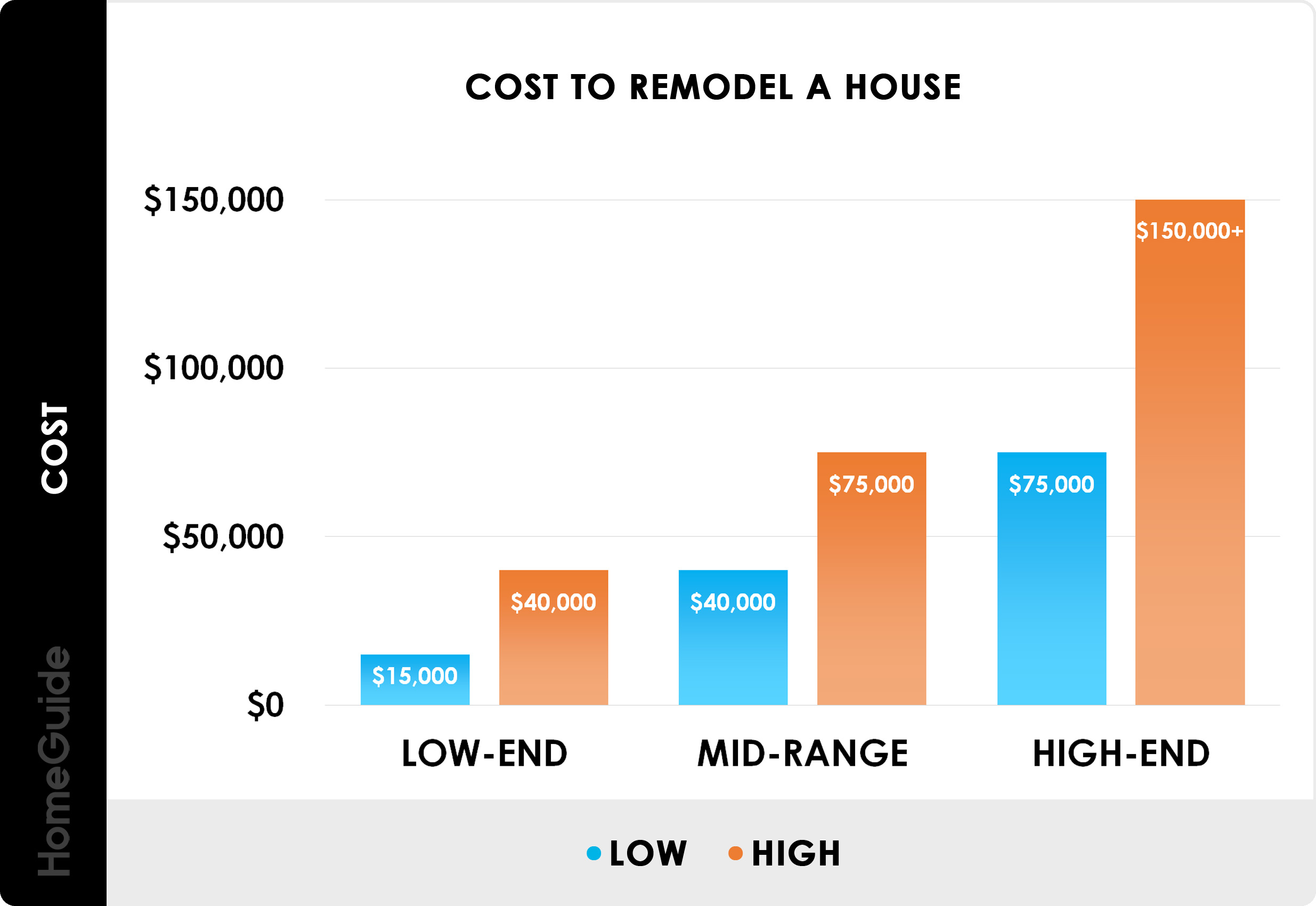
Calculating Whole House Renovation Costs: What to Expect
Understanding the Scope:
Embarking on a whole house renovation journey is an exciting prospect, but it’s essential to comprehend the scope of such a project. From updating outdated features to addressing structural issues, every aspect of your home will undergo transformation. Understanding the comprehensive nature of whole house renovations is crucial before delving into the cost considerations.
Initial Assessment and Planning:
Before diving into the financial aspects, it’s imperative to conduct a thorough initial assessment of your home. Identify areas that require attention and prioritize your renovation goals. Engage with professionals to create a detailed plan that outlines the scope of work, materials needed, and estimated timeline. This strategic planning phase lays the foundation for accurate cost estimation.
Budgeting Essentials:
Budgeting forms the backbone of any renovation project, especially when it encompasses the entire house. Start by determining your overall budget and allocating funds to different aspects of the renovation, such as materials, labor, permits, and contingencies. Be realistic about your financial constraints and prioritize areas that align with your vision and goals.
Cost Considerations:
Several factors influence the cost of a whole house renovation, ranging from the size of your home to the extent of the upgrades. Structural modifications, such as plumbing and electrical work, tend to incur higher costs compared to cosmetic enhancements. Additionally, the quality of materials and labor rates in your area can impact overall expenses. Consider these factors when estimating your renovation budget.
Materials and Labor Costs:
The cost of materials and labor constitutes a significant portion of your renovation budget. Research different material options and their associated costs to make informed decisions. Factor in labor expenses, including contractor fees and subcontractor charges, when calculating overall costs. Obtain multiple quotes from reputable professionals to ensure competitive pricing without compromising quality.
Hidden Expenses and Contingencies:
Despite meticulous planning, unforeseen expenses can arise during the renovation process. Hidden issues such as water damage, mold remediation, or structural deficiencies may require immediate attention, adding to your overall costs. Allocate a contingency fund of 10-20% of your total budget to account for unexpected expenses and mitigate financial surprises.
Permitting and Regulatory Costs:
Obtaining permits and adhering to regulatory requirements are essential aspects of any renovation project. Factor in permit fees, inspection costs, and any associated fines or penalties into your budget. Failure to comply with local building codes and regulations can result in costly delays and legal repercussions, underscoring the importance of budgeting for permitting expenses.
DIY vs. Professional Services:
While DIY projects can save money upfront, they may not always be cost-effective in the long run, especially for complex renovations. Assess your skills and capabilities realistically before deciding to tackle certain tasks yourself. Hiring professionals ensures quality workmanship, adherence to safety standards, and timely completion, albeit at a higher cost. Strike a balance between DIY and professional services to optimize your renovation budget.
Value-Added Investments:
Consider the long-term value and return on investment (ROI) when making renovation decisions. Certain upgrades, such as kitchen remodels or bathroom renovations, can significantly enhance the resale value of your home. Allocate a portion of your budget to strategic investments that increase functionality, energy efficiency, and curb appeal, thereby maximizing the overall value of your property.
Monitoring and Adjusting:
Throughout the renovation process, maintain open communication with your contractors and monitor progress closely. Stay flexible and be prepared to adjust your budget as needed based on evolving circumstances. Regularly review expenses and make informed decisions to stay within budgetary constraints while achieving your renovation goals. By staying proactive and adaptable, you can navigate whole house renovation costs with confidence and achieve transformative results. Read more about whole house renovation cost
